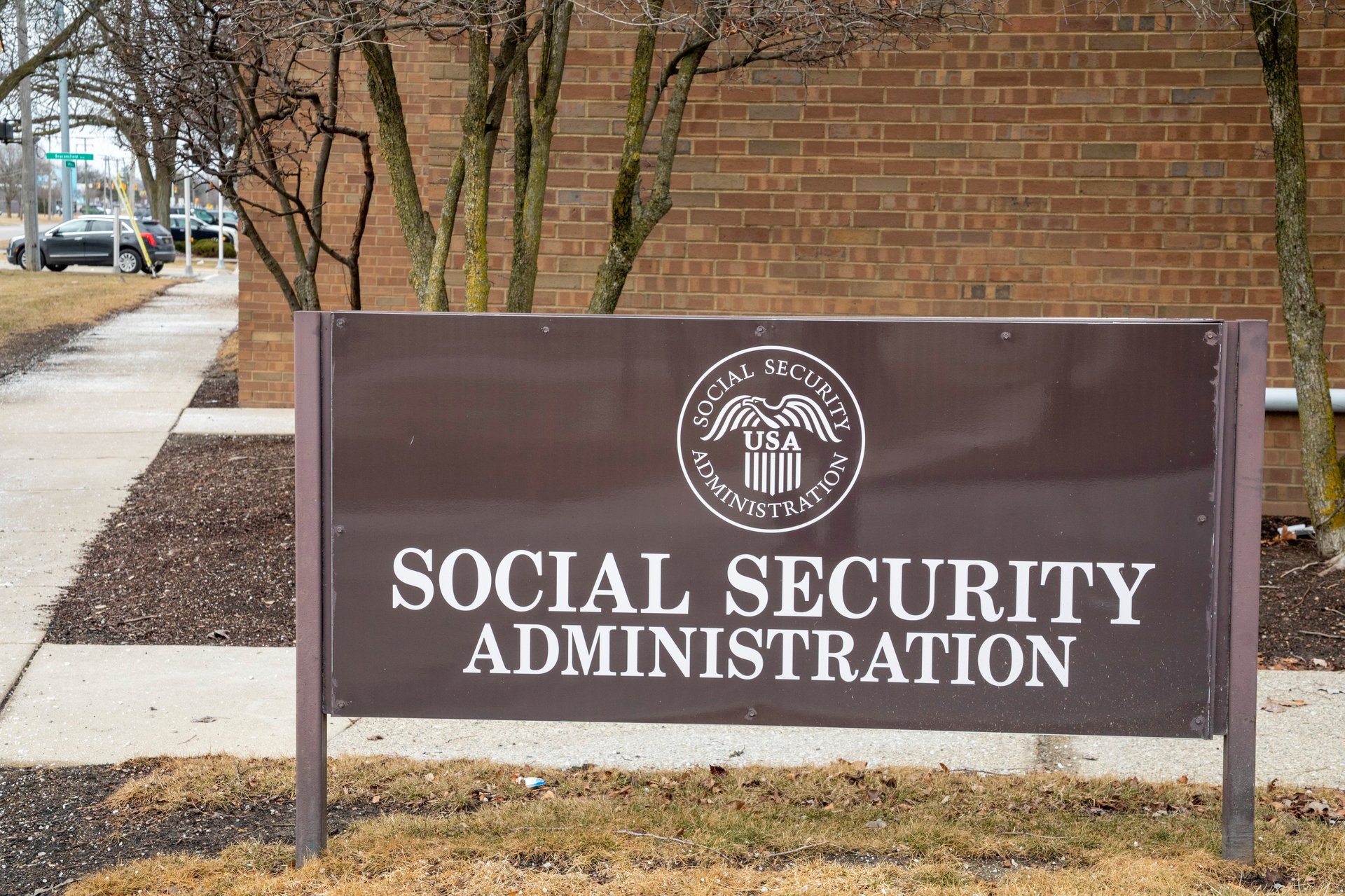Social Security's trust fund could run out of money in less than a decade, jeopardizing benefits
The trustees warned that Social Security's depletion date moved up by two years since the previous report

A Social Security field office in suburban Detroit. (Jim West/UCG/Universal Images Group via Getty Images)
The Social Security trust fund will run out of federal cash in 2033 and prompt a benefit cut without Congress stepping in to fortify the program, per a new trustees' report released Wednesday.
Suggested Reading
The trustees warned that Social Security's depletion date moved up two years from last year's report, which predicted it would run out in 2035. That's partly due to a bipartisan law signed by outgoing President Joe Biden earlier this year to increase benefits for retired police officers, teachers, and other public-sector officials who held jobs not covered by Social Security. The trustees also projected slower earnings' growth for workers in the next ten years.
Related Content
The trustees estimated that Medicare trust fund financing hospital insurance will run dry in 2033 — three years earlier than projected last year.
Nonpartisan budget watchdogs said Congress needs to address the looming shortfalls affecting both Social Security and Medicare in the near future to prevent a disruption in benefit payments. If Social Security goes insolvent, retirees face a 23% automatic benefit cut.
"Social Security and Medicare won’t even be able to pay full benefits to current retirees – they will be insolvent when today’s 59 year olds reach the full retirement age and today’s youngest retirees turn 70," Maya McGuineas, president of the Committee for a Responsible Federal Budget, said in a statement. "Where is the sense of urgency?"
Extending the lifespan of the program will likely require a mix of higher taxes and benefit adjustments. Many Democrats favor removing the payroll tax cap, which limits Social Security taxes to the first $176,100 of a person's wages.
Another expert argued for policymakers to intervene sooner rather than later. "Smaller, earlier adjustments can protect vulnerable retirees and preserve the system," Romina Boccia, the director of budgets and entitlement policy at the Cato Institute, wrote on X. "Delay guarantees steeper cuts and heavier tax and debt burdens."